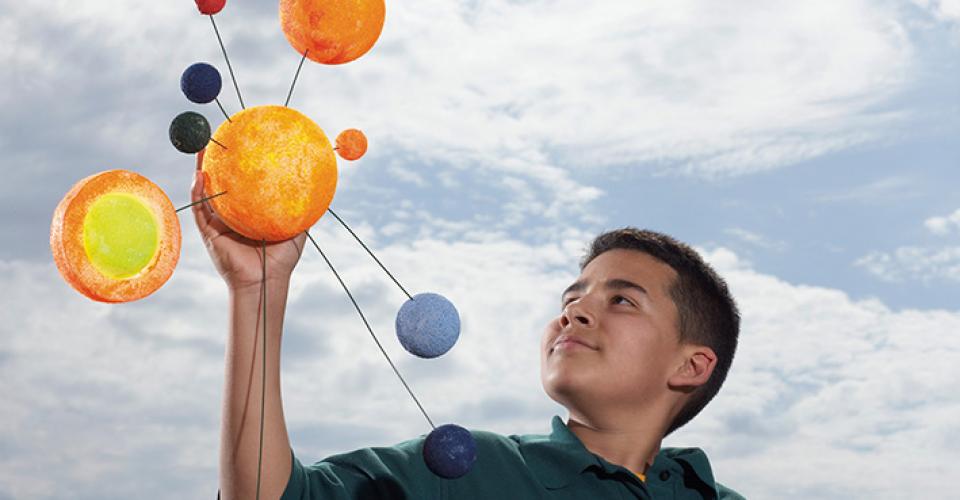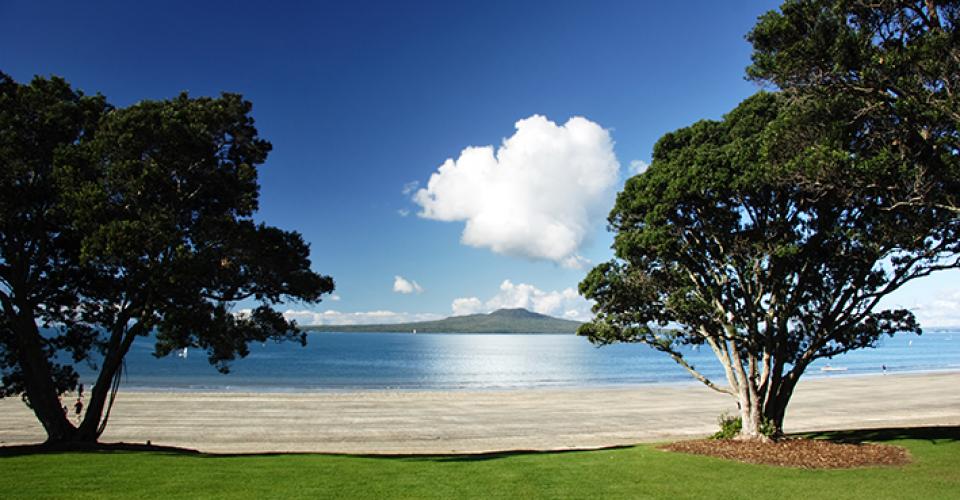A passion for underwater life
05/02/2014Malcolm Francis, marine biologist and fisheries expert at NIWA, talks about his career in marine science.
 Hi, Malcolm. How do you describe what you do?
Hi, Malcolm. How do you describe what you do?
I am fisheries scientist and marine biologist, and I specialise in carrying out research on sharks and their relatives (skates, rays, chimaeras). This involves a wide range of tasks, including:
- Going out on boat trips to tag sharks with modern electronic tags,
- Analysing data transmitted by the tags via satellites and fitting tracks to the sharks movements,
- Assessing the impact of fisheries on protected shark species and other sharks caught as by-catch in tuna long-line and purse seine fisheries,
- Assisting the Ministry for Primary Industries to assess the stock status of sharks in New Zealand waters,
- Writing reports and scientific papers on sharks and their fisheries to inform the debate on how they should be managed (e.g. recently we provided a large amount of background information for MPI’s review of the National Plan of Action on Sharks).
I am also involved in international efforts to assess the status of sharks and their relatives world-wide, and I frequently travel to overseas conferences to present our research results to other shark specialists.
What led to your particular interest in cartilaginous fishes?
I have been fascinated by sharks since I was a teenager. I used to get out all the shark books I could find in libraries and copy much of the text by hand into notebooks. In the 1960s, underwater documentaries were just beginning, especially the Jacques Cousteau series, and these all piqued my interest, especially after I started snorkelling when I was 13.
What have been some of your career highlights?
My highlights would be:
- Having the opportunity to conduct several research projects over four decades on one of our smallest and most common sharks, the rig, also known as spotted dogfish and lemonfish, and thus developing a strong understanding of the biology and behaviour of this important species.
- Being the first scientist in the world to be able to examine, study, and publish my observations on a pregnant female white shark and her unborn embryos.
- Tagging great white sharks at Chatham Islands and Stewart Island.
- Tagging mako sharks in Northland.
- Publishing three books on New Zealand’s coastal fishes, rocky reef ecology, and sharks and rays.
- Discovering that half of all young snapper change sex (from female to male) when about 2-3 years old.
- Discovering that snapper abundance is driven largely by water temperature when they are a few months old.
- In association with two American colleagues, discovering that counts of shark vertebral rings (used to age a shark) are often biased too low because rings stop forming on the outside of the vertebrae in older sharks (unlike tree rings which keep forming). This confirmed that some shark species are much longer lived and therefore more vulnerable to overfishing than we realised.
- Having the opportunity to carry out underwater research on reef fishes during scientific expeditions to exciting remote places like the Three Kings Islands, Kermadec Islands, and Fiordland.
- Having three fish named after me.
- Discovering that New Zealand white sharks make annual migrations to tropical waters north of NZ.
Were you interested in science at school, and what was your academic path after school?
My interest in science developed when I was about 13, after I took up snorkelling and became fascinated by the marine plants and animals. My science teacher lent me an underwater camera which got me hooked. It was probably no coincidence that my grades in science at school suddenly improved as I realised I enjoyed and was good at biology!
After school, I did a BSc and MSc at the University of Auckland, and after breaks away for overseas travel and employment, I did an MSc in Resource Management at University of Canterbury and a PhD on juvenile snapper population biology at the University of Auckland.
How do you think your job will change over the next five or ten years?
In the last five years, my work has been revolutionised by two main things: the availability of hi-tech electronic tags which make it possible to track individual sharks across huge distances and find out what they do; and greater funding of research on sharks following a recognition that they are more vulnerable to overfishing than bony fishes.
These trends are likely to continue and I do expect to have sufficient funding to continue working full-time on sharks until I retire in 5–10 years. For most of my career, I was never able to work more than half-time on sharks because of a lack of funding, so that is a significant shift in my work.
You might also like to read:
- To the Ice
- Gene editing - a train coming down the track
- The gene editing future is here - Royal Society NZ panel formed
- The future of farming - teachers learn about agriculture careers
- The exponential generation - student workshops look to the future
- Network of inspiration: Assoc. for Women in Science

























Post your comment
Comments
No one has commented on this page yet.
RSS feed for comments on this page | RSS feed for all comments